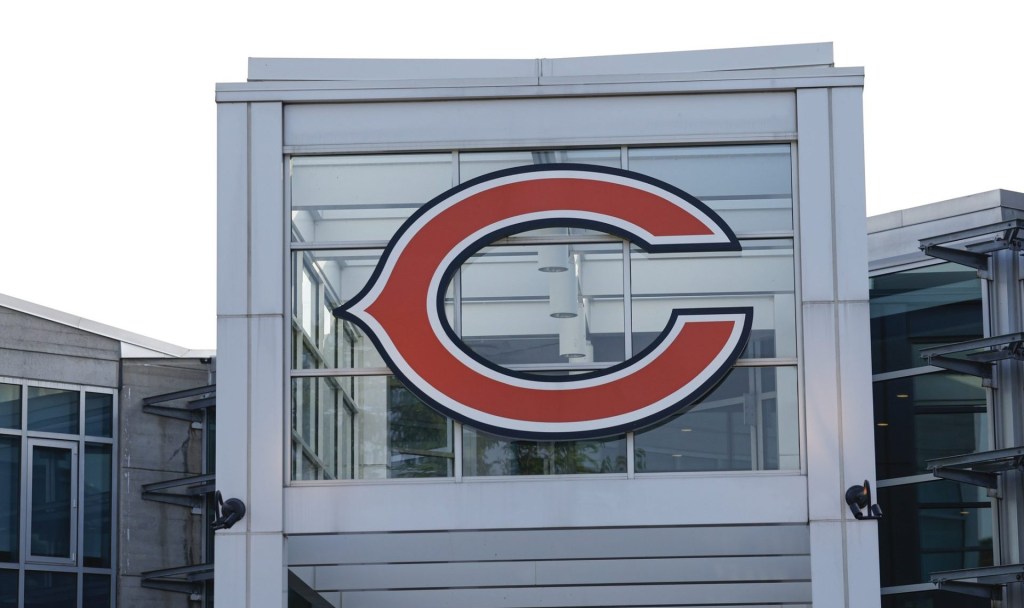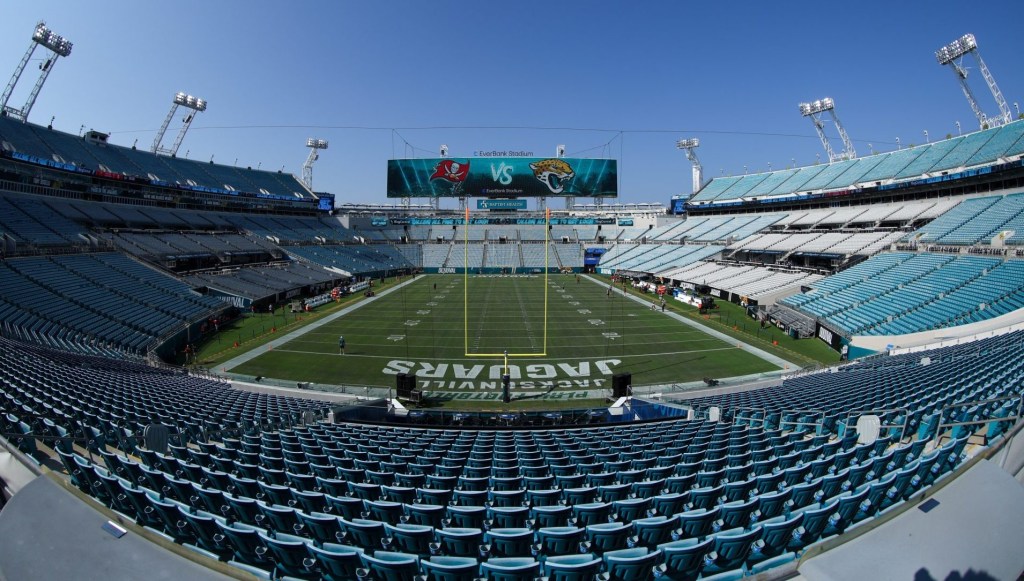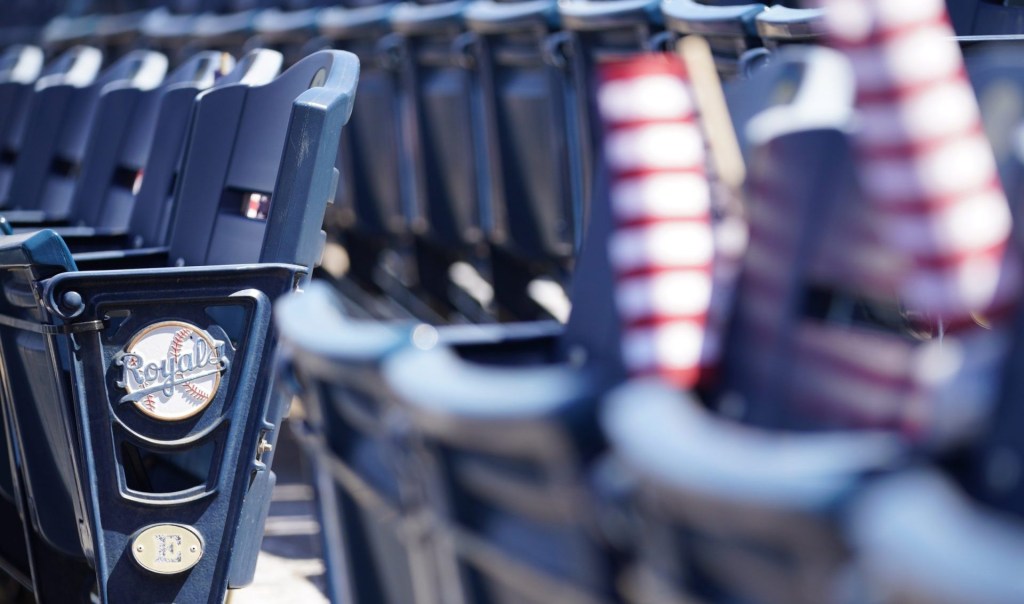The Rays’ fractious stadium situation has reached something of a stalemate, with the team responding to recent county demands by pointing a finger right back at the public officials.
Four days after Pinellas County, Fla., county commission chair Kathleen Peters called on the Rays to make a clear statement on their intentions for a $1.3 billion stadium in St. Petersburg, the club reiterated its claim that the city and county have failed to meet their responsibilities.
“When it comes to honoring the spirit of the new ballpark agreements, it is Pinellas County, not the Rays, that falls short,” team co-president Matt Silverman wrote in a response letter to Peters.
Silverman’s comments are the latest turn in a stadium development that once seemed sure but is now anything but as the Tampa area continues to grapple with the devastating effects of Hurricane Milton. Both the county and city of St. Petersburg delayed votes last month to approve bonding that would combine to cover nearly half of the stadium cost.
Both jurisdictions are likely to revisit the issue in the coming weeks, but an altered county commission membership has brought new skepticism to the public funding for the ballpark. Already, the Rays have said a 2028 target date to complete the new stadium has been missed because of the recent public-sector actions and introduced additional costs that the team is responsible for and says it cannot afford.
“The Rays have always made it clear that the viability of the project depended on having certainty about the project’s approval and funding prior to the 2024 November elections,” Silverman wrote. “We would not have gone forward with the project if a future Pinellas County Commission had the ability to revoke the approval we all celebrated in July, or to unilaterally delay the project’s completion into 2029.”
Will Anybody Blink?
As the standoff continues, neither side appears willing to be the one to formally cut short the ballpark project, the centerpiece of a larger, $6.5 billion redevelopment of St. Petersburg’s Historic Gas Plant District. Additionally at issue is the ownership of the 65 acres of public land in question. If the stadium deal dies and the Rays aren’t issuing the official termination, it’s expected that the club will still control the property.
“While publicly the Rays organization has said ‘the deal is dead,’ their written statement is in contrast,” Peters said after receiving Silverman’s letter. “Despite the Rays’ lack of political prowess of late, I’ve always been optimistic about this project because of the great economic impact it would bring to our county.”
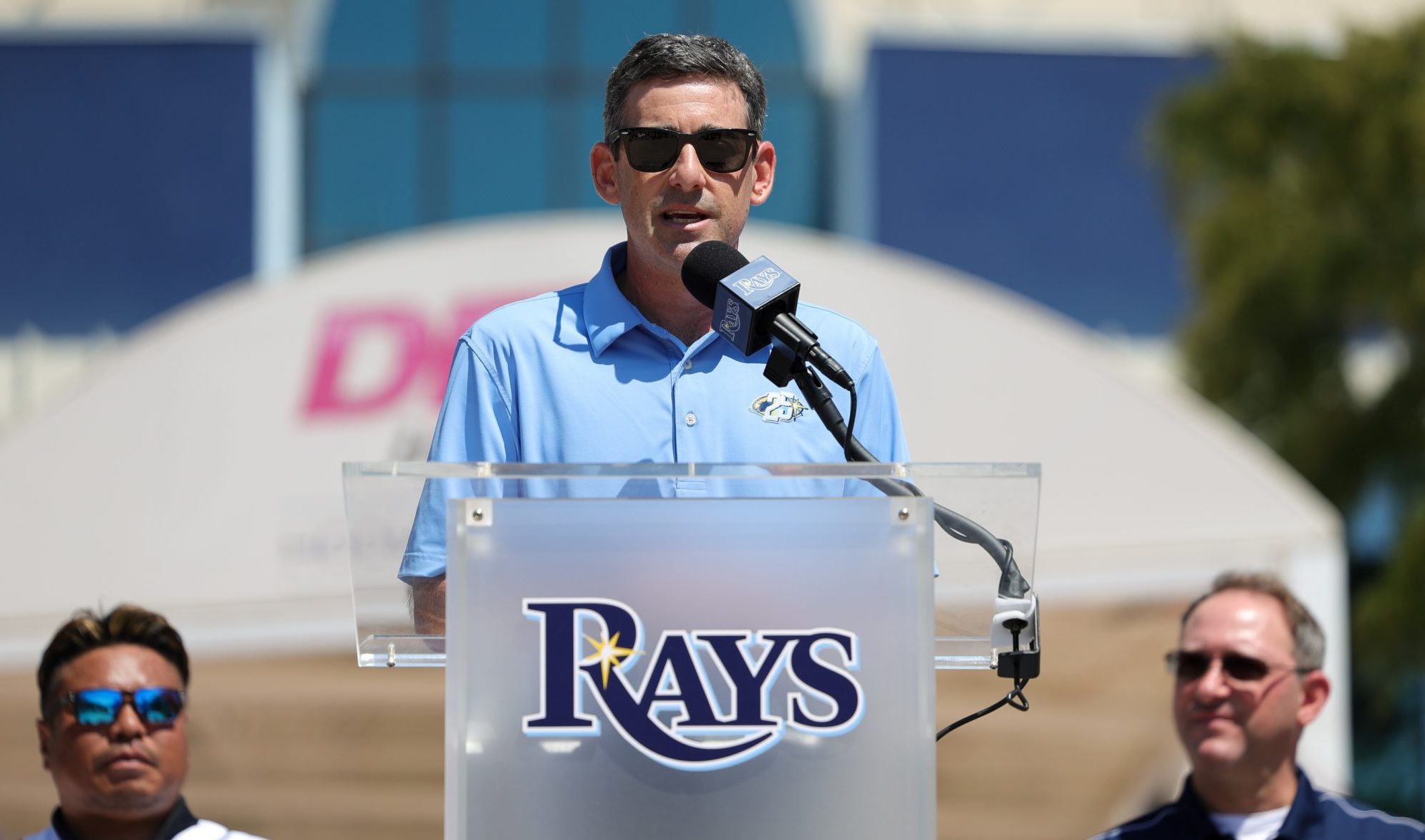

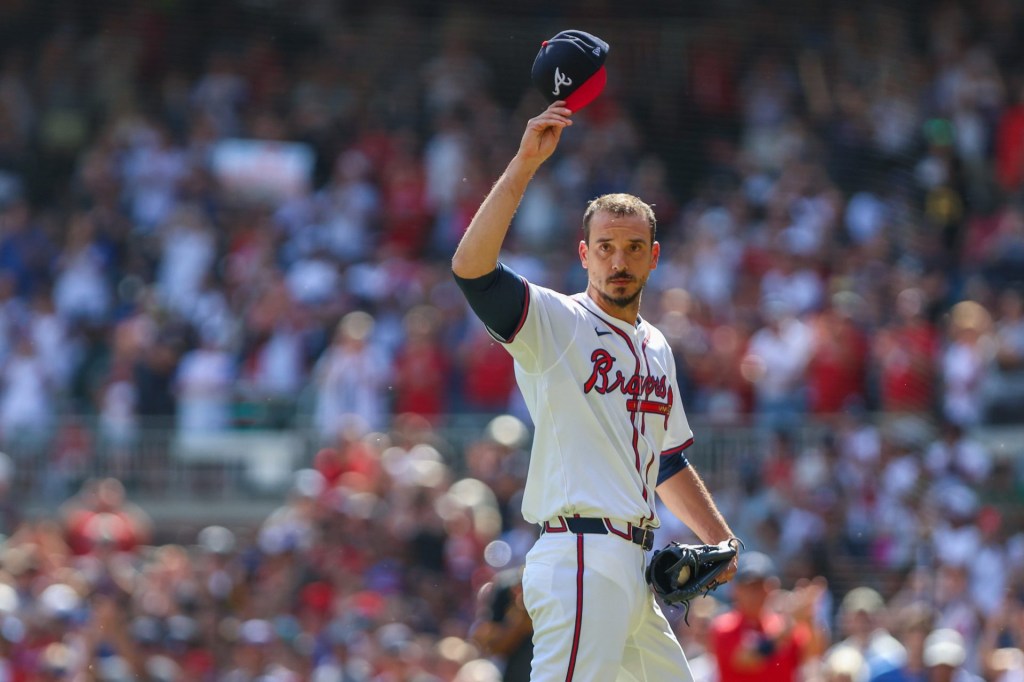

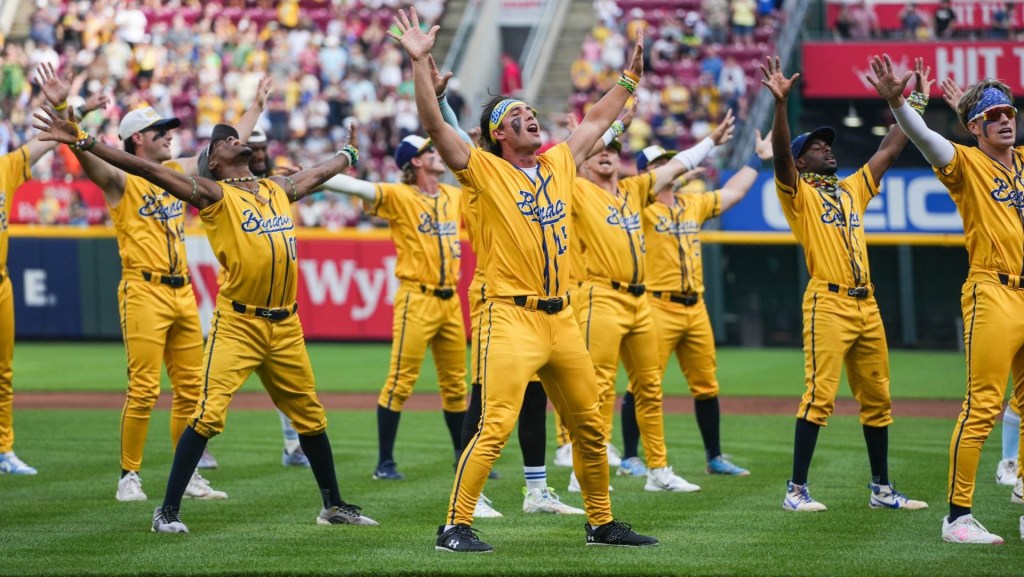

![[Subscription Customers Only] Jun 15, 2025; Seattle, Washington, USA; Botafogo owner John Textor inside the stadium before the match during a group stage match of the 2025 FIFA Club World Cup at Lumen Field.](https://frontofficesports.com/wp-content/uploads/2026/02/USATSI_26465842_168416386_lowres-scaled.jpg?quality=100&w=1024)
![[Subscription Customers Only] Jul 13, 2025; East Rutherford, New Jersey, USA; Chelsea FC midfielder Cole Palmer (10) celebrates winning the final of the 2025 FIFA Club World Cup at MetLife Stadium](https://frontofficesports.com/wp-content/uploads/2026/02/USATSI_26636703-scaled-e1770932227605.jpg?quality=100&w=1024)


